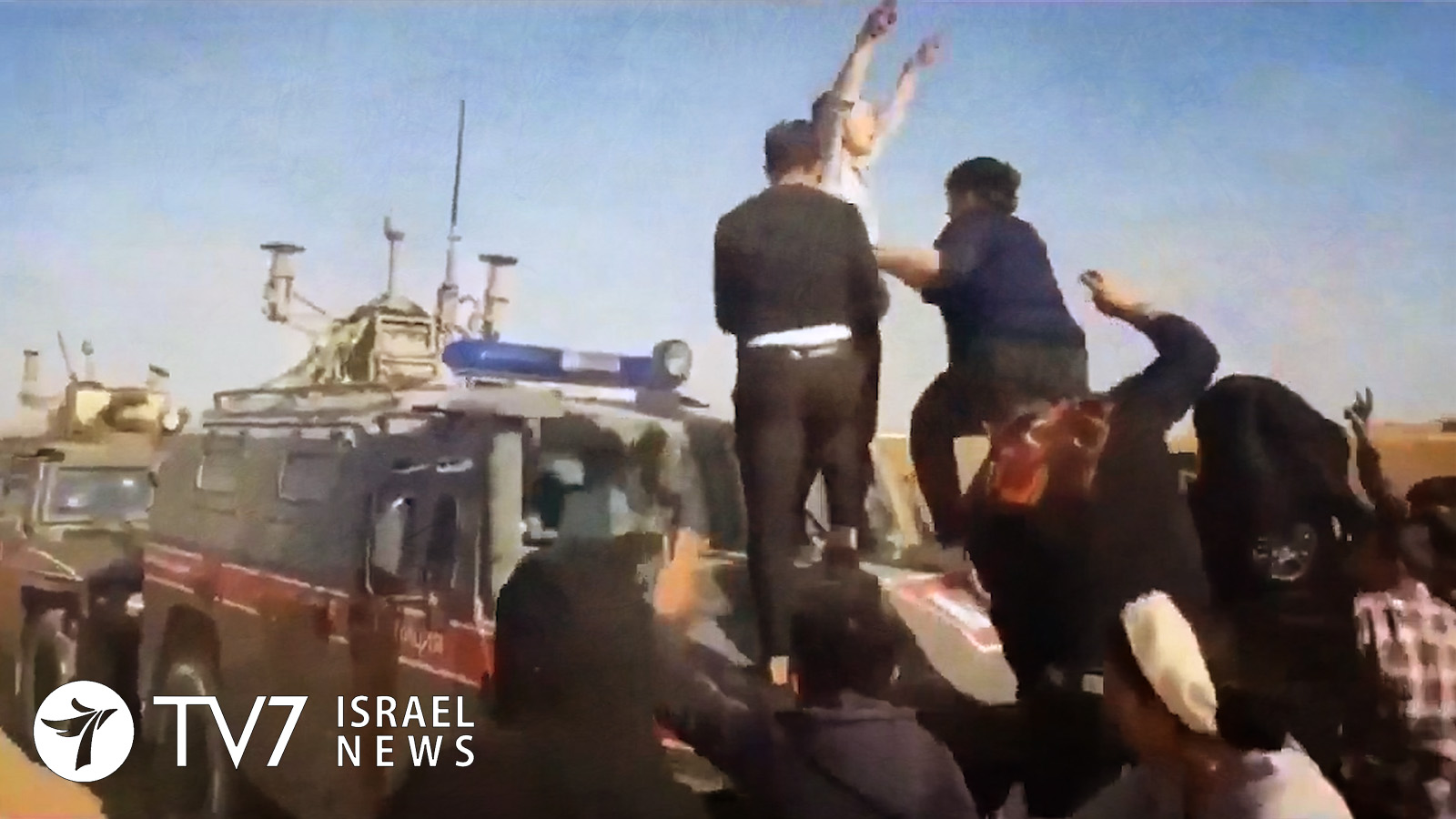Russian and Turkish forces are facing repeated incidents of resistance along their 72-kilometer (just under 45 miles) patrol routes of a corridor in northern Syria. A video released by Syria’s North Press Agency purported to show local residents pelting a passing Turkish and Russian military convoy in the city of Kobani with stones.
A Turkish source told TV7 that “the incident was orchestrated by Kurdish YPG (militants) who are making every effort to destabilize the situation” within Ankara’s envisioned safe zone.
While Kurdish officials did not immediately respond to TV7’s request for comment, earlier this week President Recep Tayyip Erdogan told his ruling AK party that the YPG has not withdrawn completely from the area despite Ankara’s agreements with both Moscow and Washington.
In other developments, President Erdogan revealed that Turkey’s armed forces captured one of the wives and other relatives of Islamic State leader Abu Bakr al-Baghdadi, one and a half weeks after the murderous terrorist killed himself during a raid by U.S. Special Forces.
Erdogan told an audience at Ankara University, “We captured his wife, but we didn’t make a big fuss. I am announcing it here for the first time. At the same time, we captured his sister and brother in law in Syria.”
Another Turkish official speaking on condition of anonymity in line with government protocols said, “This kind of thing is an intelligence gold mine,” adding that information possessed by Baghdadi’s wife about ISIS “can significantly expand our understanding of the group and help us catch more bad guys.” The source said the suspects were discovered hiding near the Syrian border town of Azaz, which is under Turkish control.
Earlier this week, Ankara announced its intention to deport all imprisoned foreign Islamic State members to their nations of origin, even if their citizenship has already been revoked. Turkish Interior Minister Suleyman Soylu stressed that while Ankara is willing to keep those terrorists under surveillance “for a while,” it will not hesitate to “send them back to their home countries.”
Minister Soylu went on to complain over Europe’s inaction on the matter – despite the fact that most of those so-called European Islamic State members are actually either migrants or children of migrants that immigrated from Muslim countries to Europe. “We are not a hotel for anybody’s Daesh (Islamic State) members,” he said, adding “It is not possible to accept this. We have agreements with all these countries; and in these agreements it is aforementioned to send them back, but this deprivation of citizenship is a new method.”
He concluded his rebuke by accusing European countries of claiming, “’I denationalized them, you are on your own.’” He then repeated that Turkey deemed that position to be not only “unnacceptable“ but also “irresponsible,” before rhetorically questioning “What am I going to do with your terrorist?”
